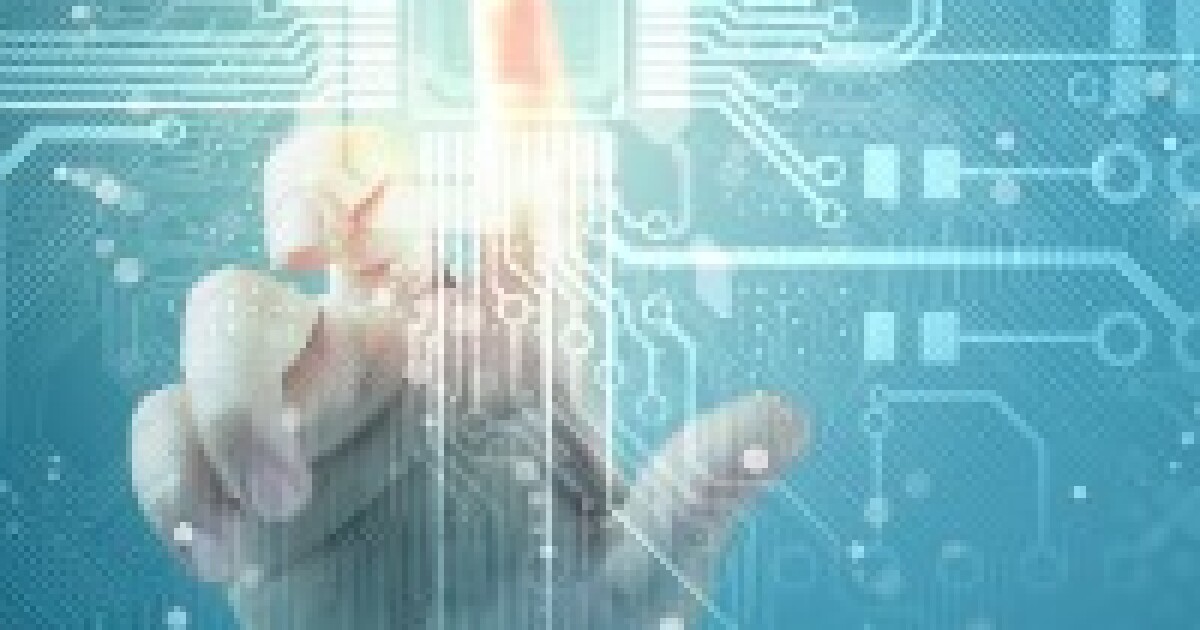By now, anybody studying this column has heard sufficient in regards to the historic set of challenges confronting tax and accounting corporations.
In response to our current
Hole emerges between tech leaders and laggards
The findings make it clear that tax and accounting corporations acknowledge that the world has basically modified, and new applied sciences — notably AI and automation instruments that permit them streamline workflows, acquire efficiencies of scale and set up service differentiators — maintain the important thing to transformation. That is all nicely and good, in fact, however how, precisely, are corporations implementing these applied sciences in the actual world, and the place ought to they prioritize in the case of taking the primary steps towards tech-driven modernization? That is the place issues get extra sophisticated.
Based mostly on my work with all totally different styles and sizes of tax and accounting corporations, I’ve discovered there are a lot of totally different interpretations on the market in the case of know-how adoption. Whereas some corporations are within the early phases of know-how adoption, specializing in fundamental digital workflows like shared doc entry, others have superior to deploying generative AI and agentic AI to automate advanced duties. Maybe not surprisingly, the latter group is already beginning to see a return on funding from their know-how initiatives, and they’re rapidly beginning to separate themselves from the competitors.
A extra full view of tax
The central distinction between the 2 is integration. Tech leaders amongst tax and accounting corporations are discovering methods to combine beforehand disparate elements of their day-to-day operations into streamlined, linked workflows that mechanically embed vital intelligence at each step within the course of.
For instance, a agency conducting tax preparation work utilizing legacy tech instruments will possible manually accumulate knowledge from shoppers utilizing a mixture of e mail, scanned paperwork, faxes and generally even a shoebox stuffed with receipts, load that info into tax preparation software program of some sort, cross-reference that info with present tax code utilizing a separate analysis software, and add returns for signatures and processing utilizing yet one more software.
In the meantime, the same agency utilizing the most recent agentic AI options is ready to execute all these features by way of a single interface that may ingest and analyze unstructured knowledge, apply the most recent tax coverage modifications, flag potential points and create a return. Past the plain advantages of automating cumbersome, inefficient processes, the AI-enabled workflow additionally permits tax execs to conduct in-depth situation analyses and supply extra proactive, consultative steerage to shoppers.
Leveling up
In each examples, corporations are utilizing know-how to assist put together a tax return. However the extra technologically mature agency is doing it considerably sooner whereas creating alternatives to supply extra strategic recommendation and even venture totally different tax impacts primarily based on potential modifications to the tax code or totally different tax planning methods.
The very fact is that not all know-how was created equal. Issues are shifting quick within the tax and accounting house. New agentic AI fashions — able to interacting dynamically with their surroundings, making selections, and adapting primarily based on suggestions — are making it potential to issue myriad variables into forecasts to assist corporations and their shoppers look into the long run in ways in which have been by no means earlier than potential. Companies that undertake these applied sciences will discover numerous new alternatives to develop their choices and their companies. People who wait might not get an opportunity to play catch-up.






